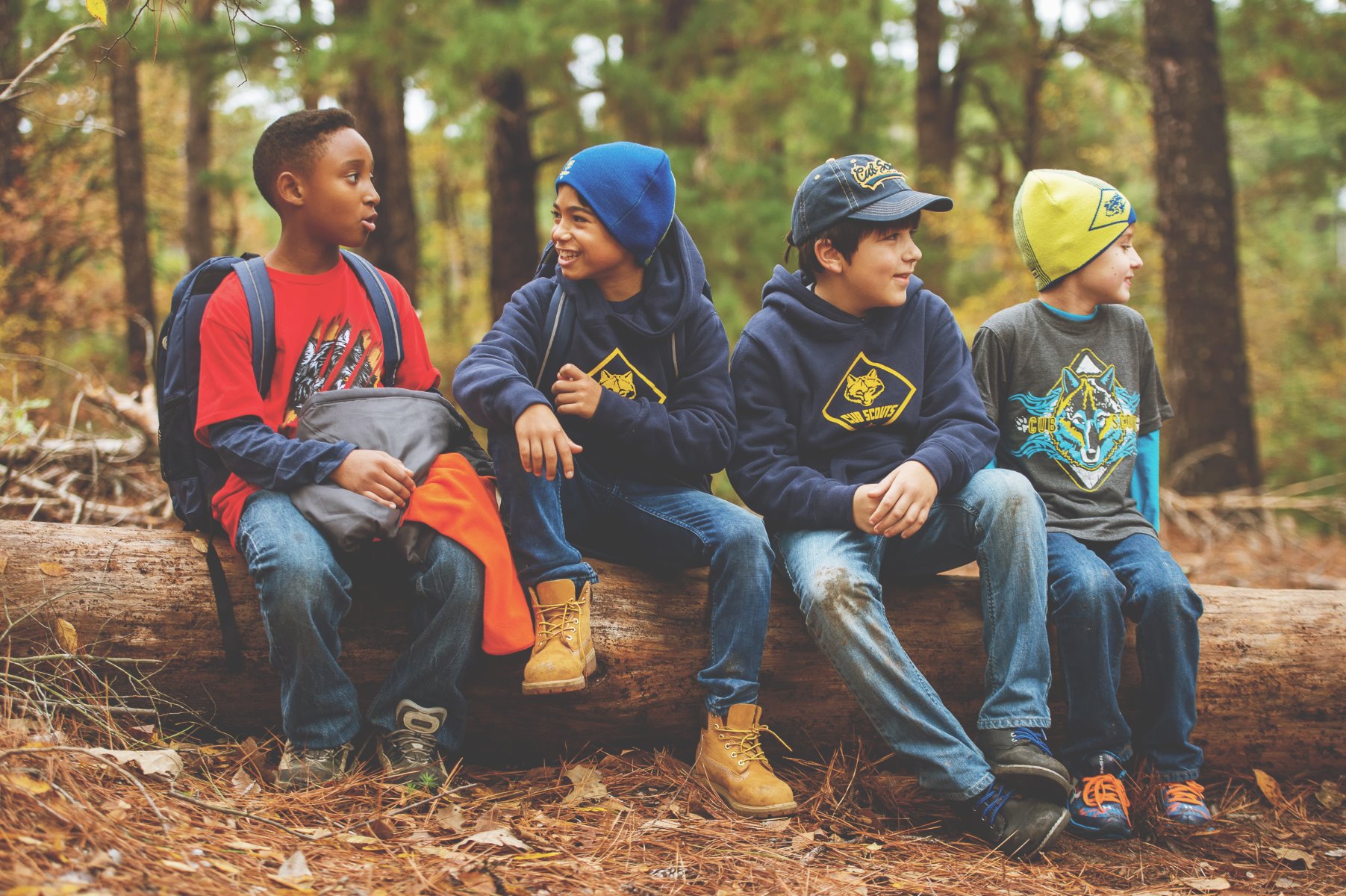I recently read a book on the concept of belonging – true belonging, and it sparked a bit of a fire inside of me. As I watch kids grow up today, it seems more like a unicorn concept than anything else. To me, the concept of anti-bullying is strongly rooted in the work of true belonging and self-confidence. Brené Brown defines belonging in her book, The Gifts of Imperfection as:
…the innate human desire to be part of something larger than us. Because this yearning is so primal, we often try to acquire it by fitting in and by seeking approval, which are not only hollow substitutes for belonging, but often barriers to it. Because true belonging only happens when we present our authentic, imperfect selves to the world, our sense of belonging can never be greater than our level of self-acceptance. (Brown, 2010)
Bullying is everywhere now: in-person, online and even internal. The added level of cyberbullying has taken it to another level, adding a layer of anonymity (sometimes) and also removing the layer of personal interaction. Now, instead of seeing a reaction, which could possibly trigger some form of empathy or connection, words can be whipped around without having to witness the fallout or face the consequences. Sometimes, the most "secret" of all the various types of bullying is that negative internal dialogue. That voice in your head that reminds you of every shortcoming (and doesn’t it seem like there are new ones every single day?), and that tells you all the reasons why you are undeserving of <insert positive experience or life-happening here>. We are seeing this more and more in our world today with all the FOMO (fear of missing out) and comparison that is right at our (and our children’s) fingertips on social media. We as parents play an amazing roll in how all of this information can show up for our kids. Whether you are the parent of a toddler or a teen, you may be wondering how to help your child foster the strength in their own identity and self-confidence that will carry them through the challenges of childhood and adolescence. With a 5-year-old that loves technology, I find it increasingly important to set boundaries for her. By having open conversations with her about these boundaries, it is less of a fight later (don’t get me wrong – she still argues her point… she is a mini teen, haha!), but it is less of a tantrum than if I do not set guidelines. I want to toss out a few tips that I follow now and plan on following as she gets older to help curb the attention issues that crop up from technology overload and the negative mood swings that directly correlate to excessive social media and screen usage. 1.

2.Emphasize face-to-face connection. Easier said than done, right? It is more important than ever to make the choice to see friends and family in person! It fosters a better sense of belonging so that when screen time is happening, it becomes a more positive interaction. For example, it is much easier for me to hang on my couch in the evening after a full day of life than it is to gather with my friends for a book club meeting. In fact, we all feel that way at some point. Beyond that, we all choose to get together anyway because we know how much psychological good it does to connect in-person - to see each other’s laughter, smiles, tears, in-person. In today’s world, it is so much easier to shoot off a text or a post somewhere. That is not to say that these platforms are not beautifully connective – they are! It all comes back to being smart about how we use this power to connect. As parents, we have the ability to nurture an importance around face-to-face connection for our kids. Make the plans, talk about the plans (because half the fun is the excitement leading up to the adventure, right?!), do the plans, and then reminisce!
3.Celebrate failure and practice Growth Mindset Parenting This is interesting, right… and how is this related at all to anti-bullying? It is, hear me out. By talking through reasons why something didn’t work, it gives both us and our kids the skillset to communicate better and to have important and difficult conversations. It gives us better resiliency and the openness to trying again. It gives us an opportunity to talk about the times that we have failed and the opportunities that presented themselves from that failure. What does that lead to? Improved self-respect, connection, and understanding of how we are related, self-confidence and a better understanding of personal identity. Which leads back to anti-bullying. Strong self-confidence leads to greater happiness. A good understanding of personal identity means that we are less dependent on other people’s opinions of how we are living (aka “likes” on social media sites). All of this leads to individuals who are open to learning something new, whether it be a new culture, new idea, new skill. And boom – less bullying because of greater compassion, understanding, and connectedness.

The really neat thing about these three tips? All of them are fully supported through Scouting. The Cyber Chip is earned by learning about internet and screen time best practices. It is something that is re-earned every year, which opens up the perfect time to talk about online interactions! Face-to-face interaction is cultivated in every single unit meeting. Use those moments to dive into why connection is so amazing! They are another touch point to get into positive human values and interaction. Lastly, Scouting is all about hands-on learning. Failure is a definite side product of hands-on learning! It is an amazing opportunity for kids to get messy and work through problems and projects, a great way for them to hone in on their problem-solving skills. By getting interested in failure, they can expand on their curiosity and create collaborative connection with their peers.
Now is the perfect time to open the lines of communication with your son or daughter (hint: there is never a wrong time!). They will get information at school, and no matter what their age, they are never too young or too old to be taught and reminded that kindness matters.




